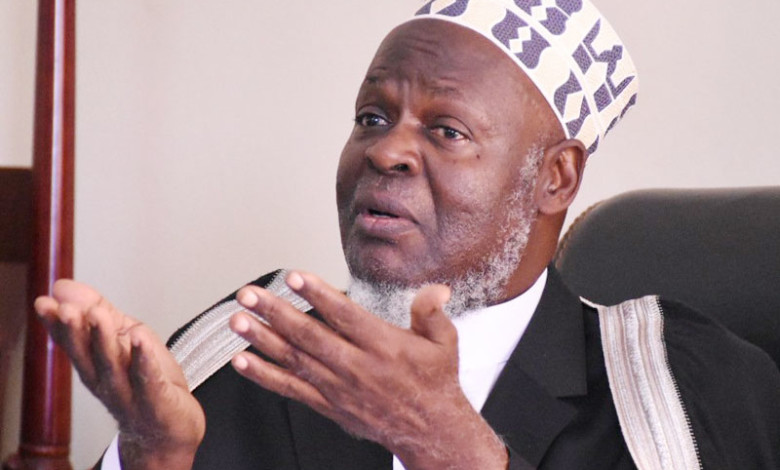The High court in Kampala has quashed the resolutions made by the Uganda Muslim Supreme Council (UMSC) general assembly in 2023, which ousted Mufti Sheikh Shaban Mubajje from office.

Next Post
Recover your password.
A password will be e-mailed to you.
